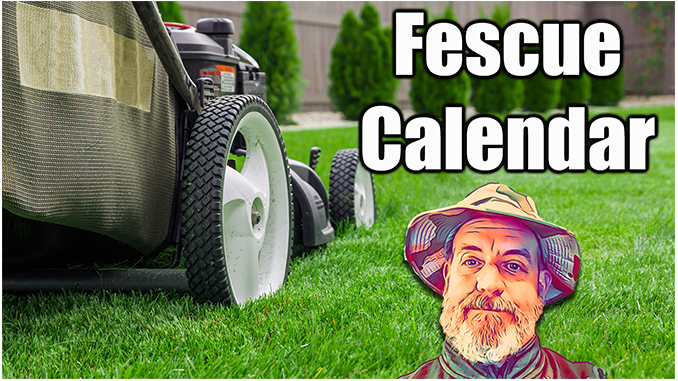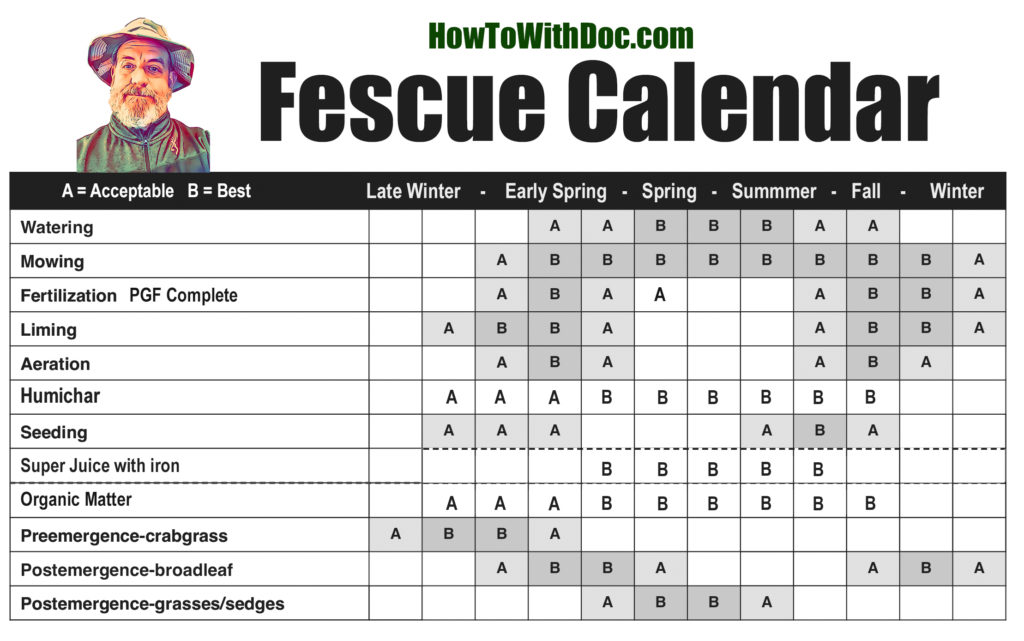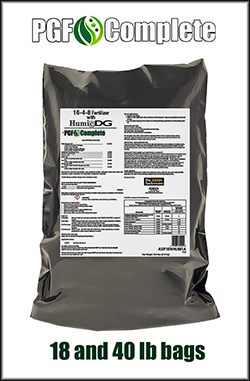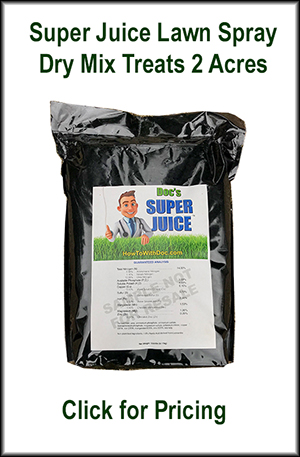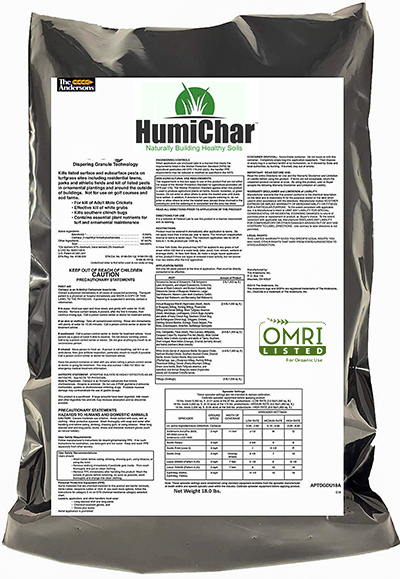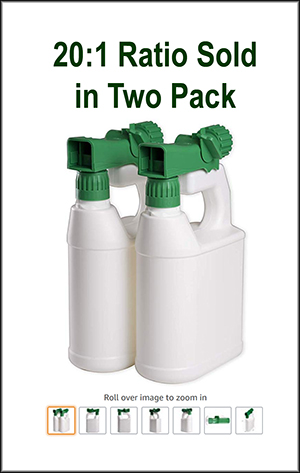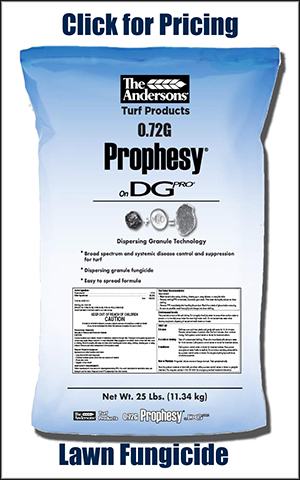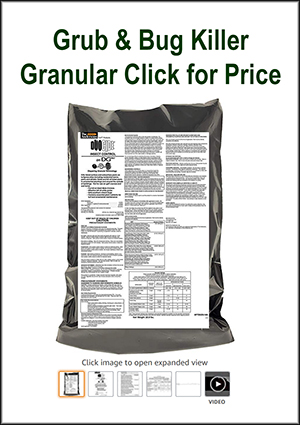Fescue Lawn Calendar
The 2022 Fescue lawn calendar and FULL GUIDE are now up at → Free Lawn Guide
Doc put together an easy to use fescue lawn calendar with some simple lawn care tips. You can also read the calendars linked below from several extension offices. Keep in mind that the MAJORITY of experts say in absence of a soil test, use a 4-1-2 ratio fertilizer. PGF Complete is the fertilizer to use. (4-1-2 times 4 = 16-4-8)
Clemson University: “The best way to determine your lawn’s nutrient needs is by a soil test. Samples can be taken to your local county extension office. Results will also indicate if lime is needed to adjust the soil pH. In the absence of a soil test, use a complete turf-grade fertilizer with a 4-1-2 ratio, such as 16-4-8.”
NC State Ext: “If you don’t test, apply a complete nitrogen-phosphorus-potassium (N-P-K) turf-grade fertilizer with a 3-1-2 or 4-1-2 ratio (that is, 12-4-8 or 16-4-8).”
Fescue Calendar Video
Fescue Calendar
Simple reference calendar put together by Doc. See more fescue calendars below.
Fescue Lawn Products
PGF Complete lawn fertilizer
Sold in 18 and 40 lb bags. Great for all lawns warm and cool season.
PGF Complete is the PERFECT fertilizer for established spring lawns, new lawns, and new turf.
Spring Pre-Emergent
Spring lawn preemergent is critical to get down now.
Super Juice Supplement Spray
HUMICHAR Soil Biochar
NOTE: It may show currently unavailable, keep checking back.
It sells out VERY FAST
New Spray Bottles for Super Juice
NEW 2020 – Spring Fungicide
Prevent and Kill Granular
Spring Grub Killer – Granular
Best Lawn Spreader
Microbe Pack
More Fescue Calendars
This calendar of suggested maintenance practices is designed to be a general guide in the care of your fescue lawn. Location, soil type, health of lawn, and other factors affect turf performance. For these reasons, the following management practices and dates should be adjusted to suit your particular home lawn conditions.
UGA cool season lawn calendar.
These suggested management practices will help you care for your lawn throughout the year. Location, terrain, soil type and condition, age of lawn, previous lawn care, and other factors affect turf performance, so adjust the following management practices and dates to suit your particular lawn.
